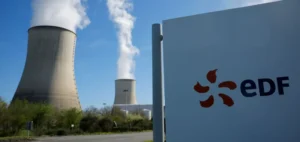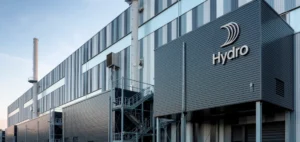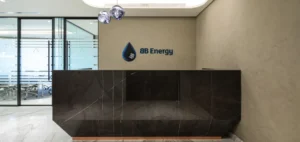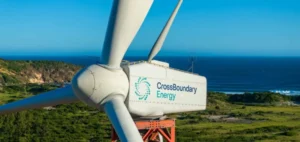The subsea infrastructure market is experiencing unprecedented expansion, driven by a marked increase in operator spending on equipment and services related to offshore exploration.
According to Rystad Energy, this sector is set to grow by 10% per annum until 2027, reaching a total investment of $42 billion.
This dynamism is mainly fuelled by projects in South America and Europe, where large-scale initiatives are multiplying.
Brazil leads the way thanks to its vast pre-salt deposits, driving sustained demand for subsea equipment.
Forecasts point to an 18% increase in investment by 2024, taking spending to $6 billion.
Meanwhile, Norway is enjoying a robust recovery, supported by innovations such as the subsea hydraulic power unit, which enables lighter, more efficient operations.
Technological development and diversification of applications
The boom in subsea technologies extends beyond the traditional boundaries of oil and gas.
The development of solutions for carbon capture and storage (CCS) is opening up new prospects, prompting suppliers to design more efficient systems.
This trend is reflected in investments, which are expected to reach $32 billion by 2024, an increase of 6.5% on the previous year.
The subsea sector is also distinguished by an increased diversification of projects, with a marked concentration on deep and ultra-deep waters.
These projects account for a significant proportion of investments, with key initiatives such as the revitalization of Barracuda in Brazil, and Johan Castberg in Norway.
The ultra-deepwater market is dominated by strategic developments in Brazil and Guyana, supported by floating storage and offloading (FPSO) projects.
Major players and growth prospects
Major industry players such as TechnipFMC and OneSubsea are responding to this growing demand through innovation and capacity expansion.
TechnipFMC plans to supply 400 subsea trees between 2024 and 2029, mainly for Petrobras developments in Brazil and ExxonMobil in Guyana.
This strategic positioning reflects the growing importance of these markets in the global energy landscape.
At the same time, regulators and regulatory developments are forcing operators to adapt rapidly to a changing environment.
Environmental sanctions and heightened sustainability requirements are driving the industry to integrate greener, more efficient technologies.
ExxonMobil, Petrobras and Equinor are at the forefront of this transformation, developing increasingly complex projects while complying with strict environmental standards.
The subsea sector is thus undergoing a major transformation, driven by growing demand for offshore exploration and the imperative of decarbonization.
Continued investment in this field promises to redraw the global energy map, with major implications for the oil and gas industries, as well as for new emerging energies.





















